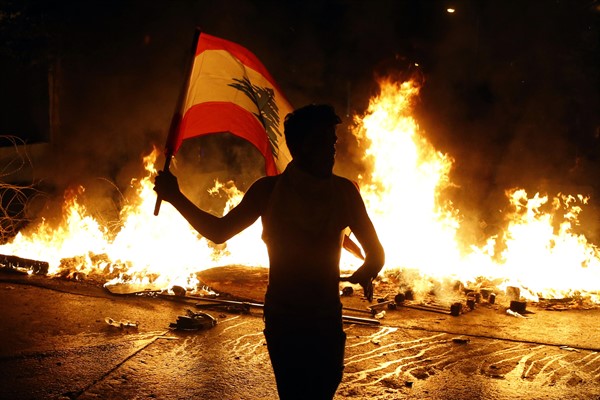The events of recent years have made it increasingly clear that the assault on human rights and democracy in the West and the Middle East are not merely parallel phenomena—they are directly connected. As both regions experience an intense surge of authoritarianism as well as the resulting popular resistance to it, it’s imperative for sound analysis and policymaking to identify the dynamics linking today’s crises across national borders and geographic regions.
I’ve been thinking a lot lately about the problems with exceptionalism and the limitations of regional frameworks, after decades of writing about the Middle East and U.S. policy there. And since 9/11, it’s become increasingly clear that it is impossible to disaggregate the major socio-political problems that the two regions share.
Washington’s partnerships in the Middle East underwrote authoritarian rulers and military dictatorships, as well as repression and terrible governance. Those same authoritarian governments pioneered tactics of surveillance, torture and coercion through unaccountable police and hybrid militia, as a means of regime survival—tactics picked up by governments in the West and beyond. Washington’s “forever wars” wreaked havoc on the Arab state system, while creating a domestic cohort of security state employees steeped in a toxic brew of impunity, militarization and lazy stereotypes about terrorism, Islam and foreigners.

